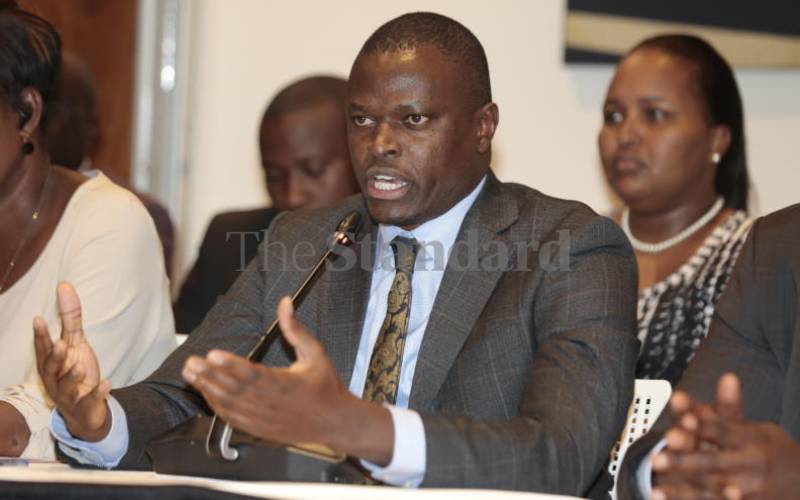×
The Standard e-Paper
Kenya’s Boldest Voice

Legislators have slammed the government over the major changes made in the budget for the current financial year, just months after the start of the year.
The MPs, who make up the National Assembly's Budget and Appropriations Committee (BAC), expressed deep concerns over what appears to be the government shifting of goalposts shortly after getting its spending plans for the 2023/24 financial year approved in June.